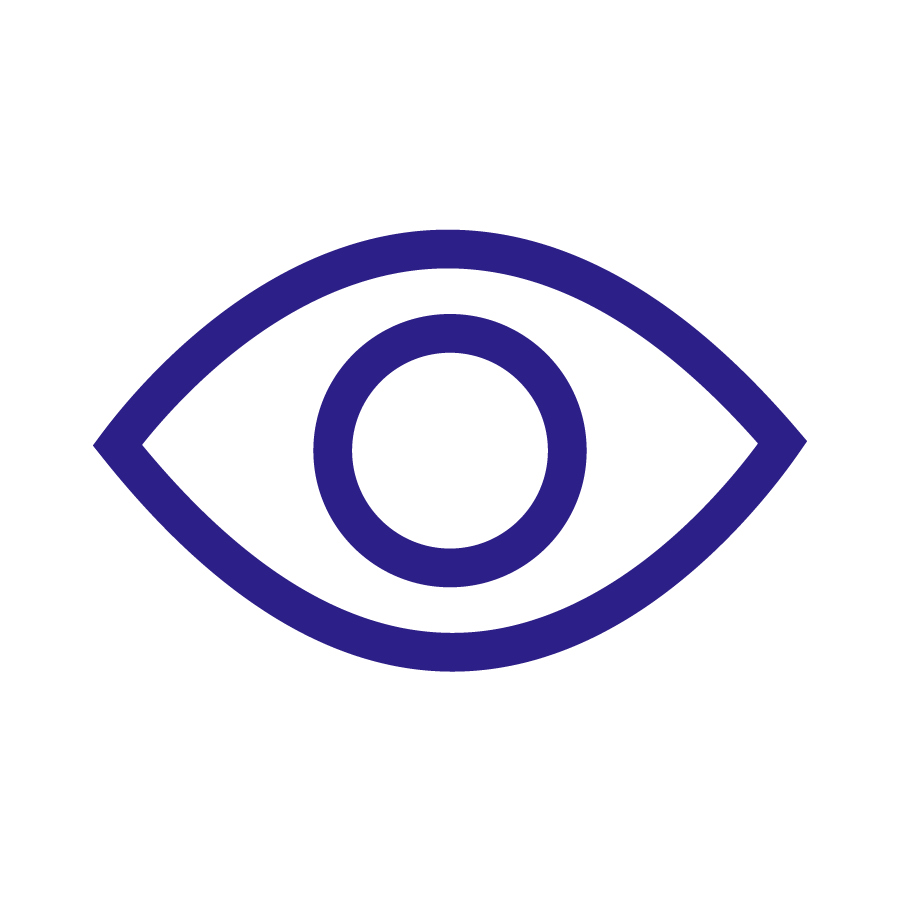CWA 18291:2025:en
TRICK. Guidelines on data collection from Textile supply chains for the Digital Product Passport
Soveltamisala
Suomenkielistä soveltamisalaa ei ole saatavissa.
This CEN Workshop Agreement (CWA) establishes a set of guidelines for data collection along textile and textile products supply chains to support the collection of validated information both for the purpose of traceability of goods as well as of transparency and sustainability claims.
The CWA is based on the TRICK project outcomes and includes contributions from other European projects, to provide a comprehensive view of the circular approach required by the implementation of the textile strategy of the European Commission . It addresses processes related to traceability and transparency but also, transversally, addresses the need to collect blockchain references and footprints of the information to guarantee their source and integrity. The primary purpose of this CWA is to assist companies in gathering information across the supply chain, on which the statements to be published on the Digital Product Passport (DPP) should be based. It is not designed for data upload towards the DPP services or for representing information within the DPP as outlined by the ESPR regulations (which will be regulated by the outcomes of the CEN JTC24).
The overall goals of the developed CEN Workshop CWA are:
- Supporting companies in the approach to the traceability and sustainability data collection necessary to fill the Digital Product Passport, providing guidelines and open resources;
- Proposing a common semantics and a common language to enhance the interoperability of the solutions along the supply chain, reducing the costs of setting up new collaborations within fragmented and interweaved supply chains;
- Providing stakeholders and policy makers with a view of the results coming from experimentations carried out on industry pilots, focusing on the approaches adopted to overcome barriers and criticalities related to the compliance to the upcoming European regulations.
Furthermore, the CWA is intended to be used by any industry in textile and textile products sector, along the whole supply chain, with ‘ready to use’ specifications and references to related documentation and resources that can be freely adopted either by internal IT offices of the industry or by IT providers involved in the textile and textile products data ecosystem. That includes developers of:
- ERPs,
- PLMs,
- Traceability Systems,
- Customs Operation software,
- Sustainability and Impact evaluation tools,
- providers of services for traceability and sustainability impact evaluation (both for software on premises as well as third party platforms).
The final outcome attended is to offer public, common, sectorial reference guidelines for the textile and textile products industry based on existing sectorial specifications but built upon a cross-sectorial paradigm.
Tämän julkaisun valmistelusta Suomessa vastaa SFS Suomen Standardit, puh. 09 149 9331.
This CEN Workshop Agreement (CWA) establishes a set of guidelines for data collection along textile and textile products supply chains to support the collection of validated information both for the purpose of traceability of goods as well as of transparency and sustainability claims.
The CWA is based on the TRICK project outcomes and includes contributions from other European projects, to provide a comprehensive view of the circular approach required by the implementation of the textile strategy of the European Commission . It addresses processes related to traceability and transparency but also, transversally, addresses the need to collect blockchain references and footprints of the information to guarantee their source and integrity. The primary purpose of this CWA is to assist companies in gathering information across the supply chain, on which the statements to be published on the Digital Product Passport (DPP) should be based. It is not designed for data upload towards the DPP services or for representing information within the DPP as outlined by the ESPR regulations (which will be regulated by the outcomes of the CEN JTC24).
The overall goals of the developed CEN Workshop CWA are:
- Supporting companies in the approach to the traceability and sustainability data collection necessary to fill the Digital Product Passport, providing guidelines and open resources;
- Proposing a common semantics and a common language to enhance the interoperability of the solutions along the supply chain, reducing the costs of setting up new collaborations within fragmented and interweaved supply chains;
- Providing stakeholders and policy makers with a view of the results coming from experimentations carried out on industry pilots, focusing on the approaches adopted to overcome barriers and criticalities related to the compliance to the upcoming European regulations.
Furthermore, the CWA is intended to be used by any industry in textile and textile products sector, along the whole supply chain, with ‘ready to use’ specifications and references to related documentation and resources that can be freely adopted either by internal IT offices of the industry or by IT providers involved in the textile and textile products data ecosystem. That includes developers of:
- ERPs,
- PLMs,
- Traceability Systems,
- Customs Operation software,
- Sustainability and Impact evaluation tools,
- providers of services for traceability and sustainability impact evaluation (both for software on premises as well as third party platforms).
The final outcome attended is to offer public, common, sectorial reference guidelines for the textile and textile products industry based on existing sectorial specifications but built upon a cross-sectorial paradigm.
Tämän julkaisun valmistelusta Suomessa vastaa SFS Suomen Standardit, puh. 09 149 9331.
Sidokset
Velvoittavat viittaukset
Tässä julkaisussa ei ole velvoittavia viittauksia
Tekninen komitea
Vahvistuspäivä
24.10.2025
Julkaisupäivä
28.10.2025
Painos
1
Sivumäärä
114
Julkaisun kieli
englanti


